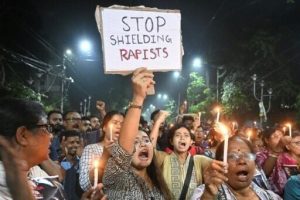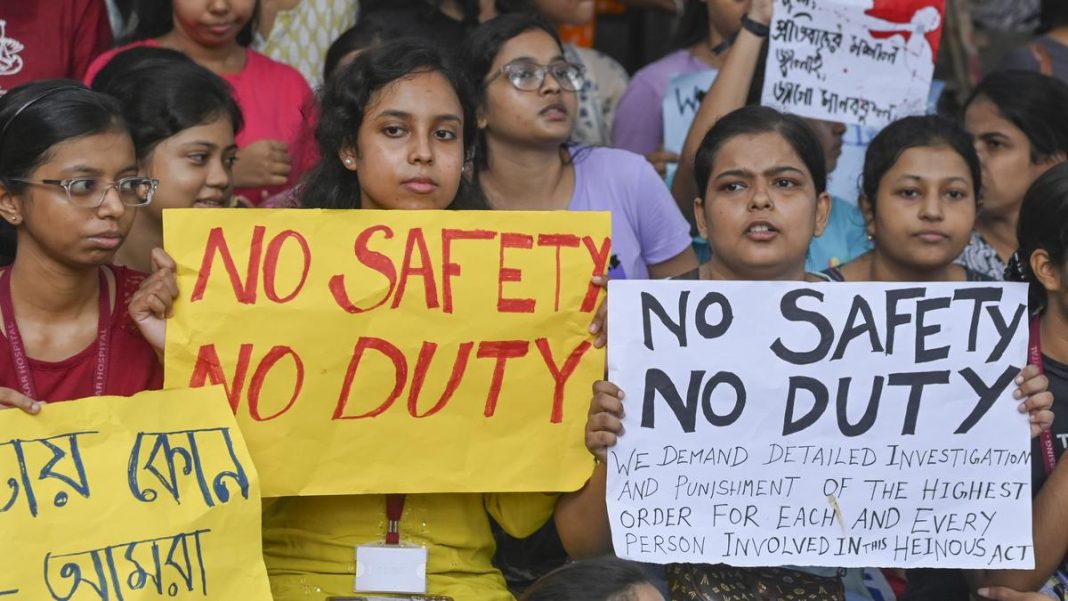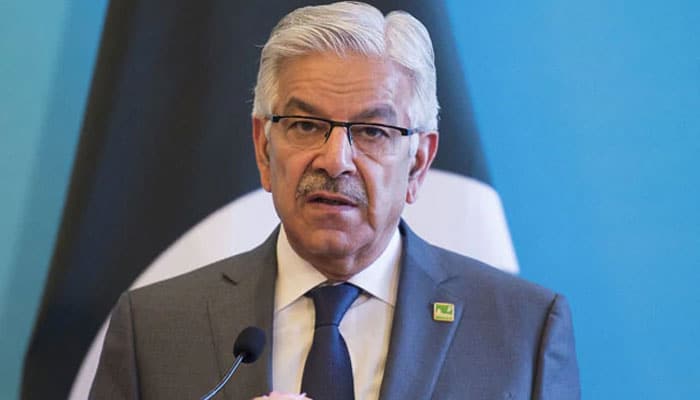In response to the brutal rape and murder of a young trainee doctor, medical professionals across India are calling for a nationwide shutdown of hospital services. The 31-year-old woman, working at R G Kar Medical College in Kolkata, was attacked after a grueling 36-hour shift last Friday. Following a brief rest in an empty seminar room, she became the victim of a horrific crime.
This tragic event has sparked widespread outrage and a wave of demonstrations within the medical community, drawing parallels to the 2012 gang rape and murder of a student in New Delhi. The Indian Medical Association (IMA), the country’s largest doctors’ organization, has announced a 24-hour shutdown of non-essential medical services starting Saturday morning. This strike represents the most extensive action taken by medical professionals in over a decade.

The IMA has emphasized that the safety of doctors, especially women, must be a priority. “Doctors are increasingly vulnerable to violence due to the demanding nature of their work. It is the responsibility of authorities to ensure their safety within hospital premises and beyond,” the association stated on social media.
Political parties, including the Bharatiya Janata Party (BJP), which is in opposition in West Bengal, have planned protests in Kolkata to demand justice and reforms. Celebrities and politicians across India have expressed their shock and called for stricter measures against perpetrators of violence against women.
A police volunteer who was present at the hospital has been arrested in connection with the crime. Doctors have pointed to the inadequate protection and facilities as contributing factors to the attack. Despite previous reforms to the criminal justice system following the Delhi gang-rape case, many feel that significant changes are still needed.
The IMA has voiced strong concerns about the working conditions faced by medical professionals, citing insufficient facilities and inhumane workloads. A junior doctor from the Kolkata hospital, who preferred to remain anonymous, criticized the lack of improvement despite repeated requests for better conditions.



